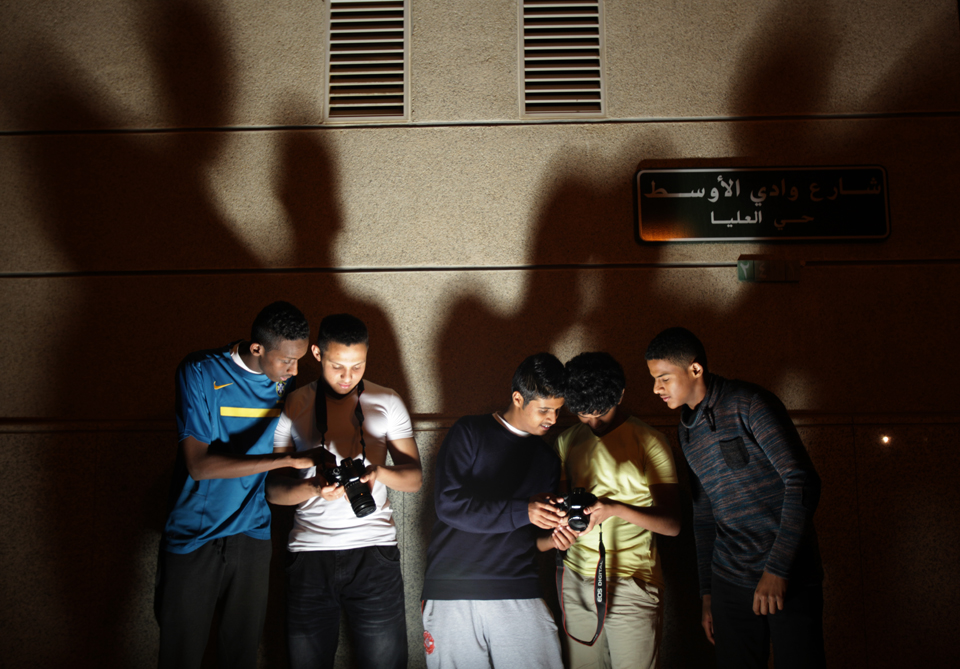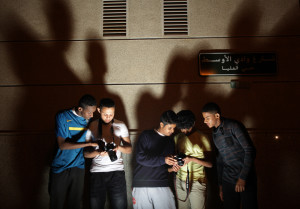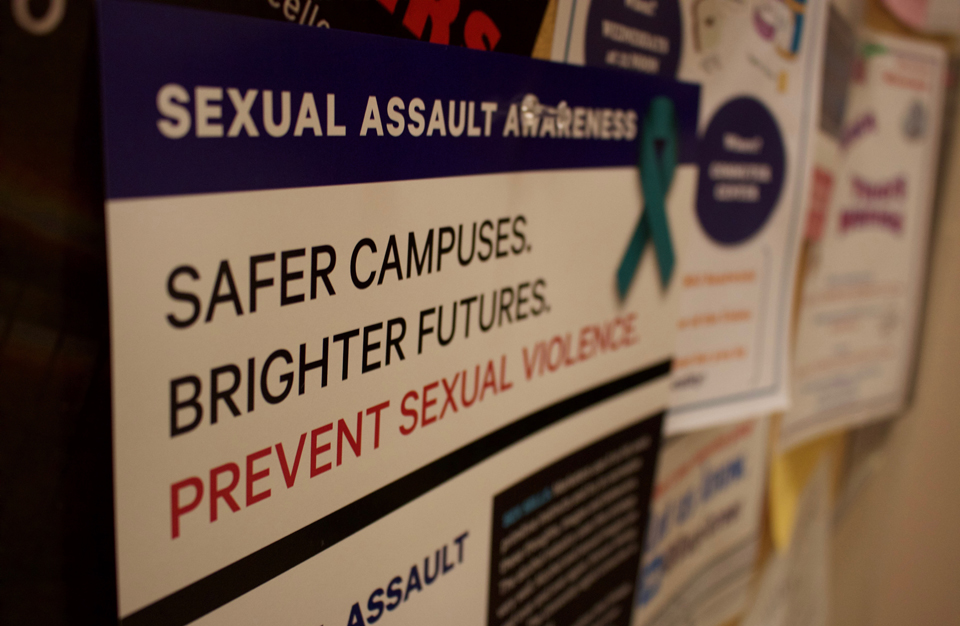

By Jen Cardone | The Duquesne Duke
Pittsburgh property owners were asked to dim their lights for an hour Saturday evening to recognize Earth Hour, an international effort to reduce energy consumption.
Participating in Earth Hour is part of the Pittsburgh 2030 District’s efforts to reduce energy and water consumption and transportation emissions by 50 percent by 2030.
Dozens of buildings, including PNC Park, BNY Mellon Center, the Carnegie E-Motion Cone, Heinz Field, UPMC Mercy and the U.S. Steel Tower, were among the participants this year in Pittsburgh.
Pittsburgh’s effort was sponsored by the Green Building Alliance, Mayor Bill Peduto’s office, Sustainable Pittsburgh and the Pittsburgh 2030 District. These groups worked to recruit Downtown property owners to participate in Earth Hour.
According to Anna Siefken, special projects director of the GBA, property partners representing 35 million square feet of office space, approximately 60 to 70 percent of the total district, are currently committed to the Pittsburgh 2030 District’s city energy goals.
“What better way to show the strength of our numbers than to showcase through [Earth Hour],” Seifken said.
Seifken said some buildings have done lighting retrofits by replacing lights with more efficient bulbs. For example, the U.S. Steel Tower ensures that each time workers need to replace lights, they will either upgrade the fixture, bulbs or a combination of the two to guarantee better energy efficiency.
In 2013, more than 7,000 cities in 153 countries participated in Earth Hour, which began in Australia in 2007. Traditionally, cities turn off their lights based on local time so darkness “rolls around the world,” according to Seifken.
Pittsburgh, Seattle, Cleveland, Denver and Los Angeles are among the progressive cities in reducing energy consumption, Seifken said.
“Buildings are a huge contributor to the issues that we have,” Seifken said. “Let’s focus on buildings that will have a big impact.”
Ginette Walker Vinski, Sustainable Pittsburgh communications manager, said their nonprofit organization works with Pennsylvania decision makers “to make decisions to help find those levers of change that when pulled, create at-scale positive change for our region,” such as a clean and healthy environment.
Sustainable Pittsburgh coordinates the Pittsburgh Green Workplace Challenge, a yearlong competition for organizations to track improvements in energy, water, waste and transportation, for organizations throughout southwestern Pennsylvania, Vinski said.
Tim McNulty, communications manager for Peduto, said the mayor has “always been very excited and is very enthusiastic about the city’s participation” in Earth Hour.
“The mayor has been involved since almost the very beginning, back when he was a councilman,” McNulty said. “[City officials] would do everything they could to get building owners to join in the effort and try to get them to be part of the effort since the initiative has grown.
McNulty also said Earth Hour “shows how people can come together and think about what they can do to promote smart energy usage,” even if it only happens one hour a year.
Next year’s celebration will occur on March 28 from 8:30 to 9:30 p.m.



